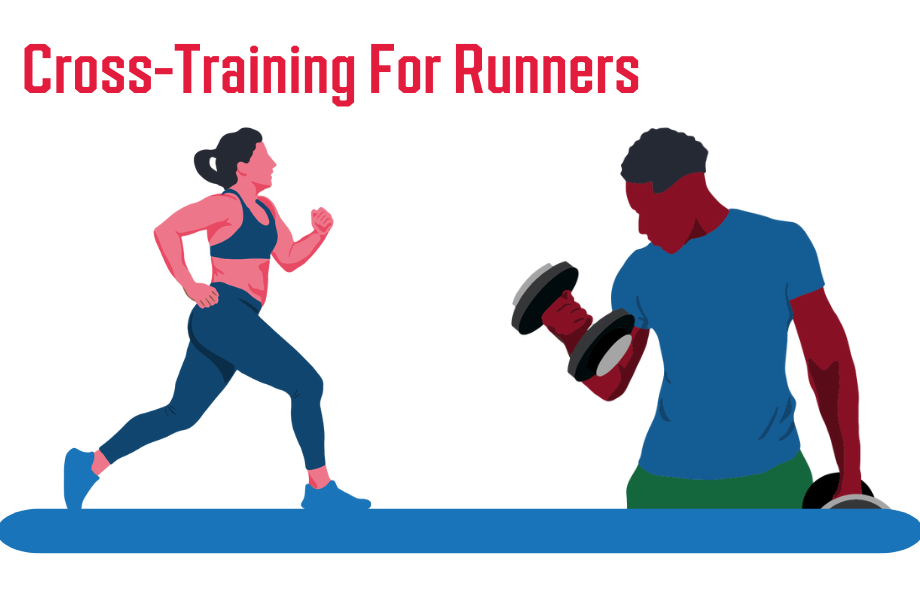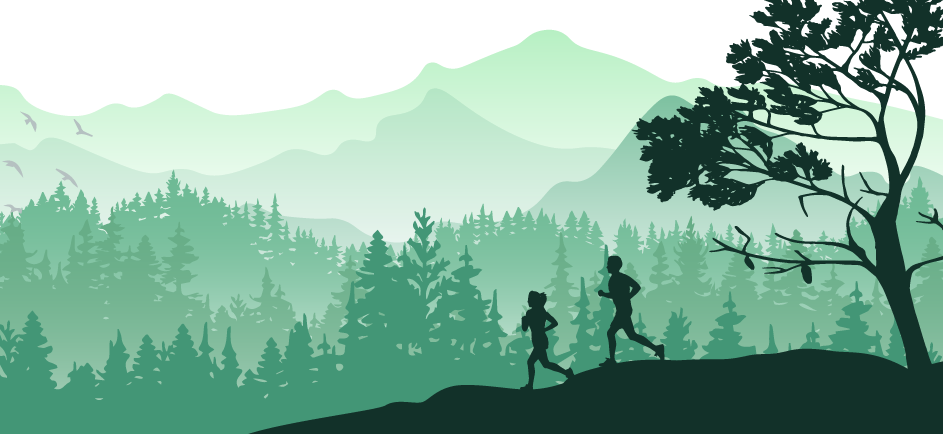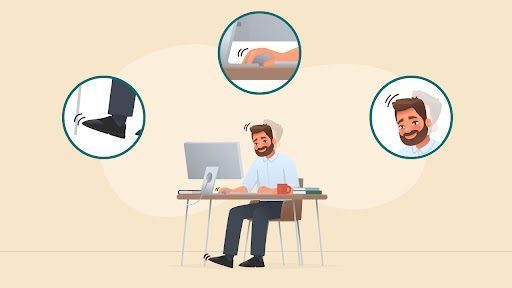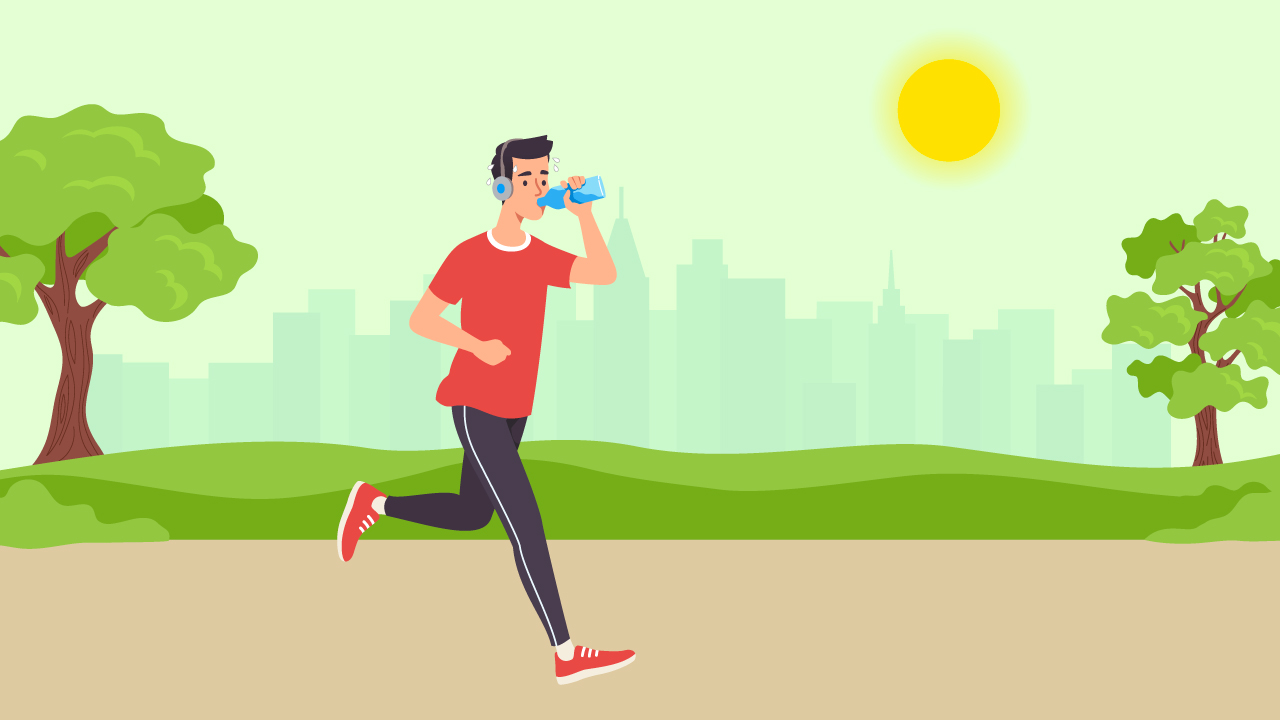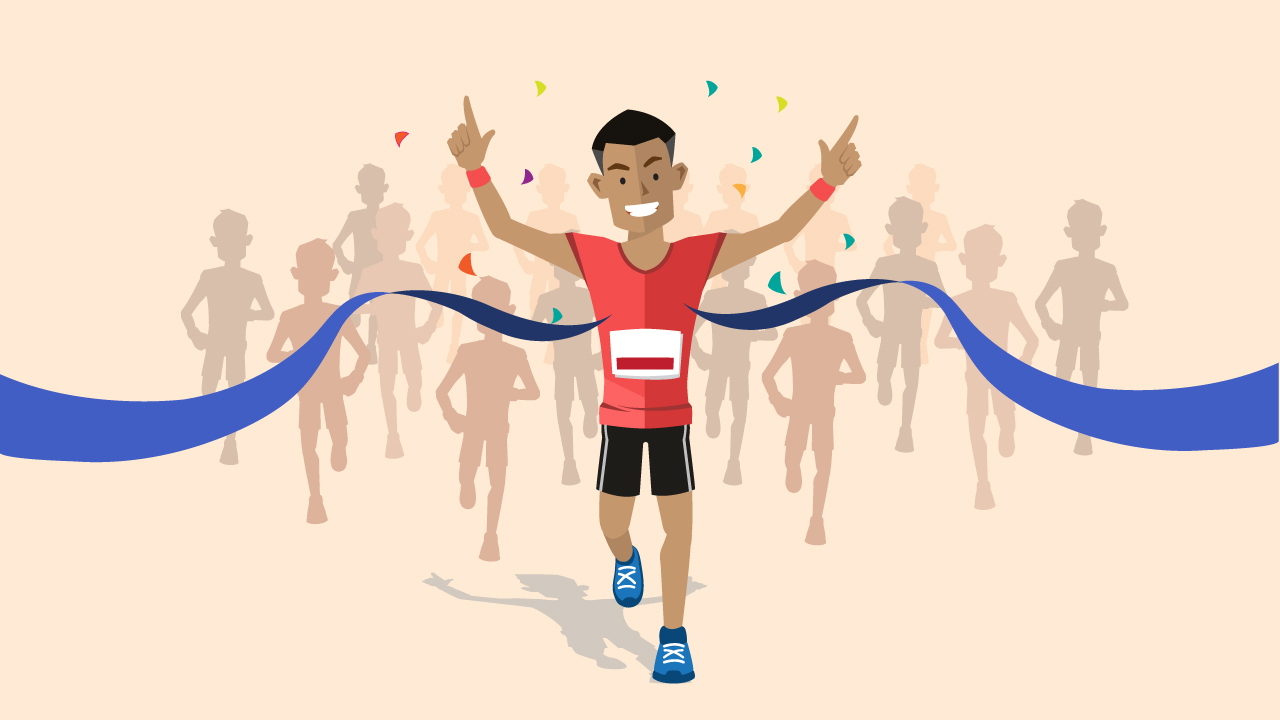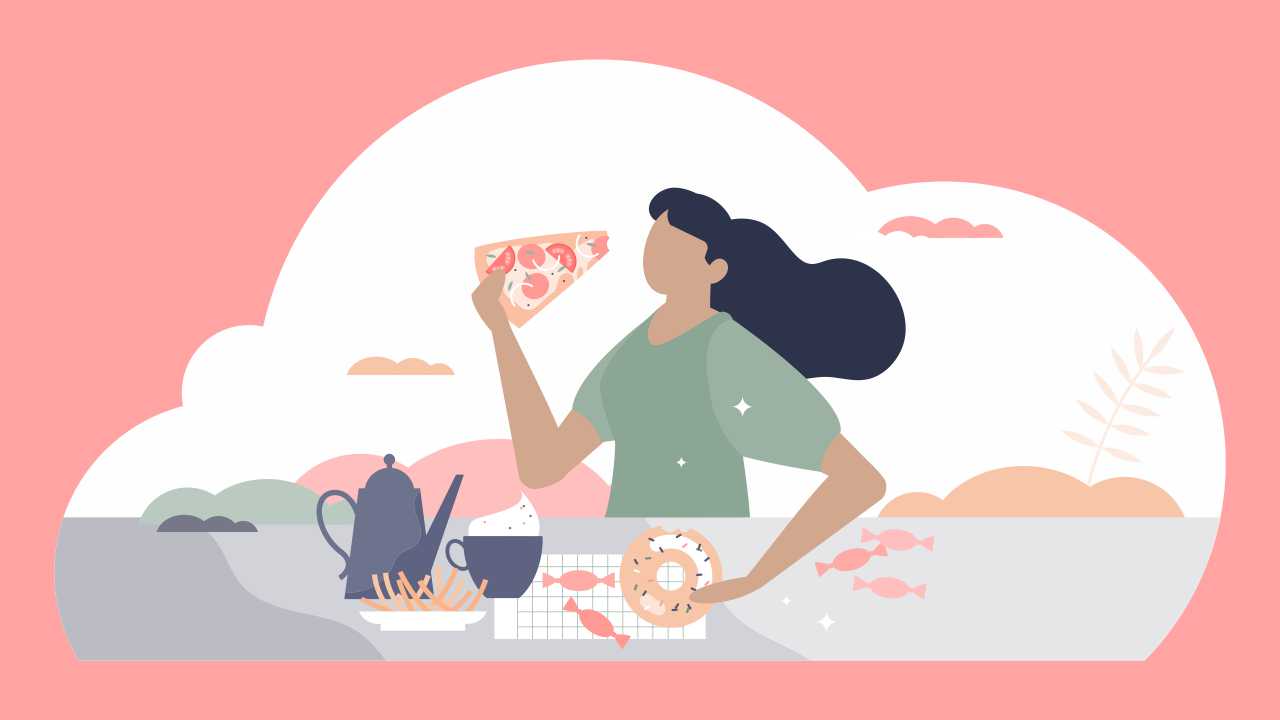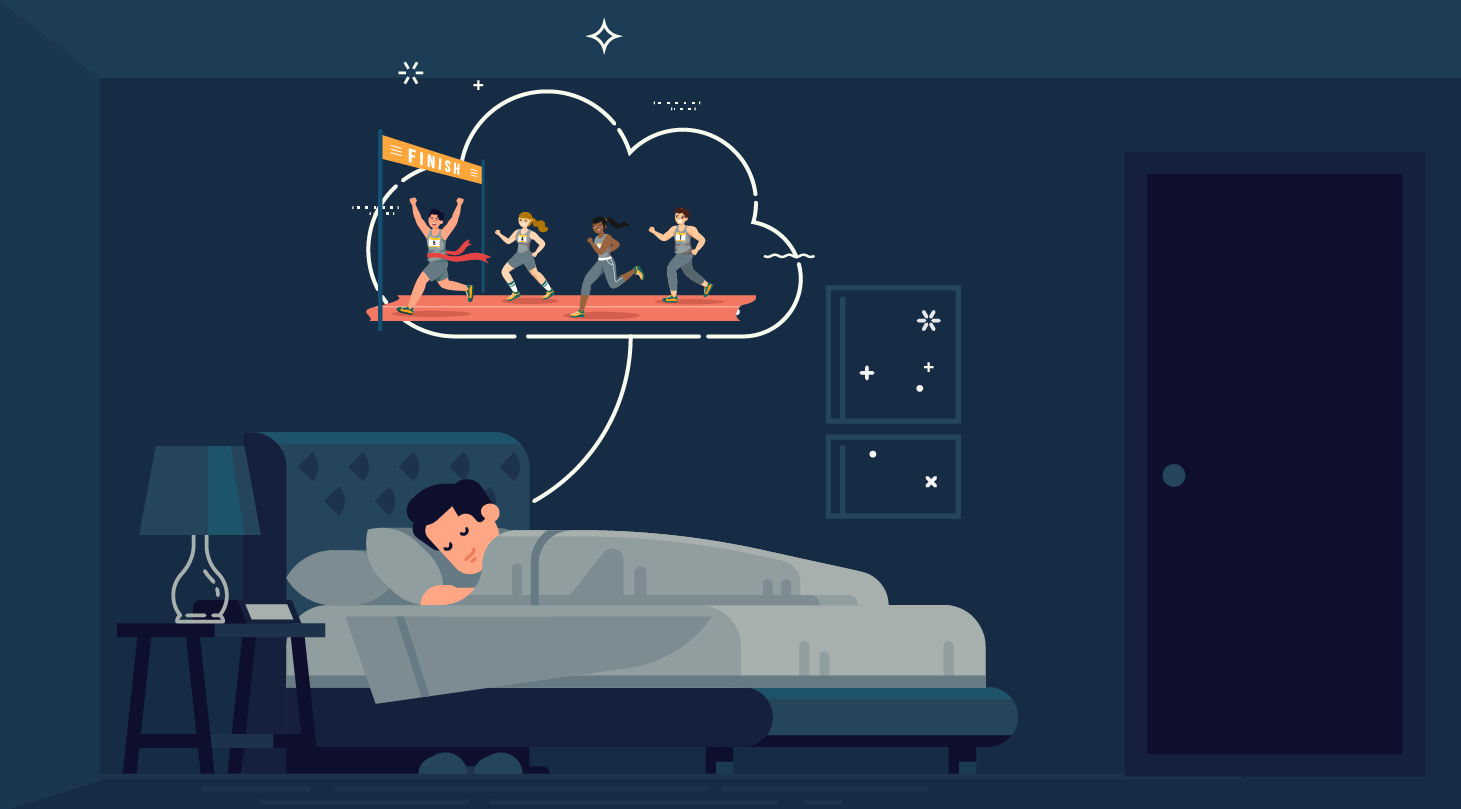
How to Sleep Better: Dr Amy Bender Answers Key Questions
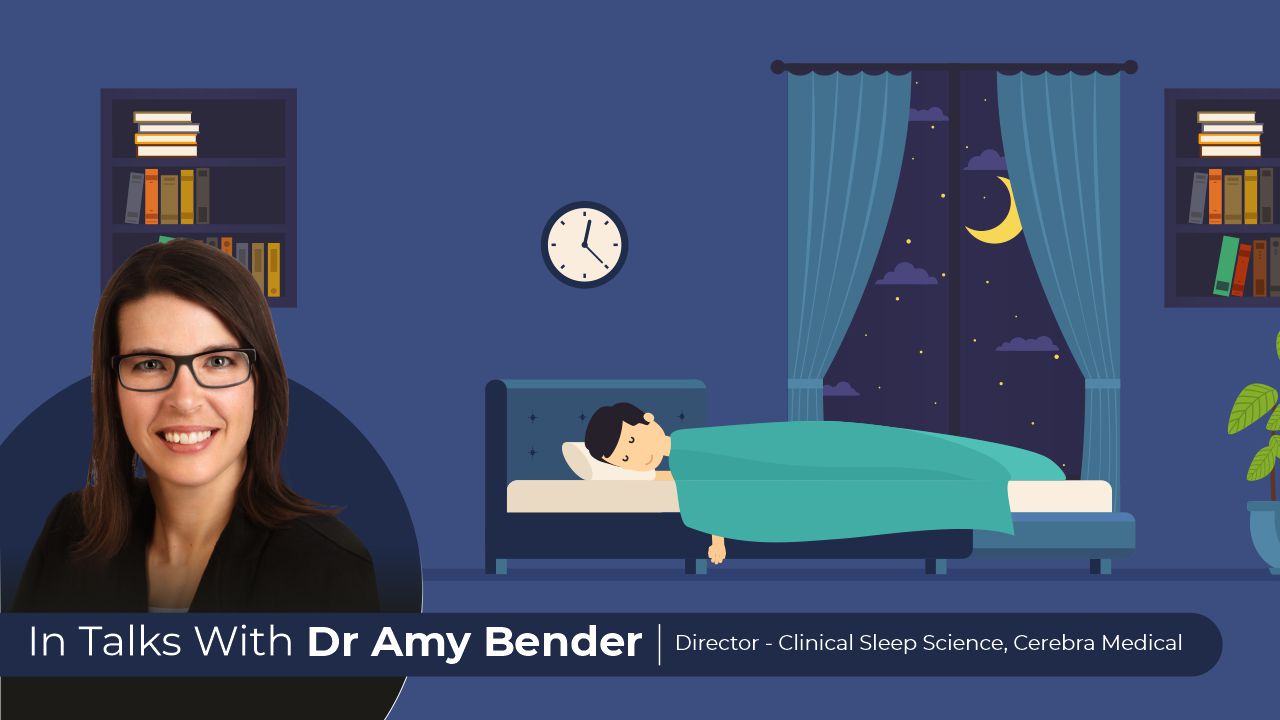
Dr Amy Bender is a sleep researcher and director of Clinical Sleep Science at Cerebra Medical and an Adjunct Assistant Professor of Kinesiology at the University of Calgary. Her current research focuses on helping people snooze better by improving sleep disorder treatments with precise digital sleep metrics.
We caught up with Dr Bender to discuss the various stages of sleep and their role, how to know if you are getting enough sleep, and some reliable strategies for better sleep and recovery. So if you are struggle to get sound sleep, read on to know how to sleep better.
How does sleep deprivation impact cognition?
What sleep does for the body and human brain is key to understanding its importance. “One of the many significant functions that take place during sleep include clearing toxins out of the brain,” says Bender.
“While we sleep, our neurons and brain shrink to allow cerebrospinal fluid to wash out some of the toxins that have accumulated throughout the day. Think of your brain like a dishwasher working at night.”
Given these significant functions, deprivation of sleep can impact health. For example, if we consider daylight saving time, where we lose an hour of sleep, associations have been made with higher levels of heart attack, stroke, and accidents.
“It indicates what sleep loss and circadian misalignment can do to someone suffering from inadequate sleep. Other functions that take place during a good night’s sleep include memory learning, memory consolidation, and memory pruning,” says Bender.
What are the different stages of sleep?
We have two types of compartmentalized sleep stages, non-REM and REM sleep. REM refers to rapid eye movement, which was discovered based on eye movements that occur during sleep, explains Bender. The Non-REM stage includes stage 1, which is the lighter stage of sleep and makes up about 5% of the total sleep across the night. Stage 2 comprises about 50% of the sleep across the night and then we get into the deepest stage, stage 3, which is roughly 20% of the total sleep. It is in stage 3 that functions like the release of growth hormone and tissue repair occur.
“Another interesting aspect of sleep is that we fluctuate between different sleep stages throughout the night,” says Bender. For instance, we start in stage 1, go to stage 2, we may go back to stage 1, followed by a short awakening, and then proceed to the deepest stage — stage 3 — which happens primarily in the first half of the night. We may then fluctuate back to stage 2 and get into the REM stage, which occurs after 90-110 minutes after we first fall asleep. Although we can dream in any stage of sleep, the dreams during the REM stage are the ones that we may remember.
We may further fluctuate between non-REM and REM four to five times throughout the night, depending on how long you are sleeping. It can take almost 90-110 minutes or up to 120-130 minutes to complete a full sleep cycle. “Most of the deep sleep occurs at the beginning of the night. The first REM sleep cycle may also be very short, even as short as 10 minutes, and as we continue to sleep during the night, we tend to see longer REM cycles occurring in the latter half.”
How many hours of sleep is essential for people across all age groups?
There are some standard guidelines for optimum sleep duration for kids, adults, and elderly people. It is recommended that school children get about nine to 11 hours of sleep, while teenagers get eight to 10 hours. Adults must sleep anywhere between seven and nine hours, and people aged 65 and above may require about seven to eight hours of sleep. Adults can benefit from training to get at least seven hours of sleep every night.
“Many people assume they can function well even on low sleep. However, research indicates that less than 1% of the population can actually do well on less than six hours of sleep. One of the reasons why people think they are doing fine even without adequate sleep is because the prefrontal cortex, which is the decision-making area of the brain, is impaired with sleep deprivation,” explains Bender.
If you are getting decent sleep regularly and then have a poor night’s sleep, it won’t impact your health too much. The effect of poor sleep is more in people with chronic sleep restriction. Even though they think they are doing fine, they actually are not and may have health concerns down the road.
Can loss of sleep over the week be made up with more snooze time over the weekend?
Most people work or study on weekdays and have the weekends off. The phenomenon wherein your schedule during the week differs greatly from your schedule on free days is referred to as social jetlag. Research suggests that a higher mismatch between sleep on weekdays and that on weekends can have an impact on one’s metabolism and moods. The more social jetlag you have, the higher your mood impairment.
“One piece of advice I would give as a sleep scientist is to try and keep a consistent schedule even on weekends. In my opinion, the difference should not be more than 90 mins, even on weekends, so don’t extend your weekend sleep schedule more than an extra 1.5 hour of sleep,” says Bender. “This should be fine to make up for any sleep loss you may have suffered during the week. For a consistent sleep schedule, tell your body when to be asleep and when to be awake, and it will lead to better energy during the day.”
Is there a specific time by which you should sleep and wake up?
Typically, if you compare what is more important — consistent bedtime or wake time, most sleep scientists would agree that a consistent wake time is more necessary. In the morning, as you wake up, there is an increase in cortisol levels and if you vary your wake time, you may end up upsetting your circadian rhythm. You may even feel groggy while waking up because the increased cortisol level has already happened while you were asleep. Therefore, if you have to decide between maintaining a consistent bedtime or consistent wake time, choose the latter.
“There are some myths out there regarding proper bedtime, for example, the one where it claims that the sleep you get before midnight is more beneficial and refreshing,” says Bender. “However, there’s no research to support this. Ideally, you would want to sleep more in line with your chronotype. For instance, if you’re a night owl, you go to bed later and wake up later, while an early bird may want to go to bed early and wake up early.”
Also read: Circadian Rhythm: Your 24-hour Body Clock
But bedtime can also depend on one’s schedule. If a night owl has no flexibility in their schedule and has to get up early, they would want to plan such that they can sleep in as late as possible. This can be done by planning and getting things ready for the next day, getting lots of light in the morning, and taking melatonin.
What’s the significance of naps and power naps?
“I am a huge fan of naps. Even if you’re getting seven hours of sleep at night, and you can nap for 20 minutes or less, you will perform better,” says Bender. “Naps can help boost productivity, alertness, and mood. Personally, after a poor night’s sleep, I schedule a nap the following day. It may take around 30 minutes to get into stage 3 or the deepest stage of sleep, but with power naps, you’re trying not to get into the deepest stage of sleep. Shorter power naps are good and can boost your alertness and mood.”
But if you have the opportunity to have a longer nap, it can help make up for some of the lost night-time sleep. A significant factor is the timing of the nap. We tend to have a natural dip in circadian alertness after lunch, so the afternoon is a good time to schedule a nap. “Make sure your naps are not too close to bedtime because then you’re not going to be tired and ready to sleep. It’s akin to having a snack close to dinner. Naps should ideally be scheduled between noon and 4pm; you can use this as your nap window. Your naps should be shorter, the closer you get to your bedtime.”
How is sleep important for athletes and especially for long-distance runners?
There’s a study where they looked at a well-rested group versus a sleep-deprived group to assess their running performance. The study, says Bender, showed that the well-rested runners could run farther than the sleep-deprived group, and it was thought to be related to their perceived effort. Subjects in the sleep-deprived group perceived their workout to be harder even though it was the same distance as the others.
Also read: What Role Does Sleep Play in Running Performance?
Although in the general population we see amazing benefits of exercise in relation to sleep quality, a sleep breakdown is observed in elite athletes. This can be attributed to a number of factors like personality and busy schedule, leaving them with not much time for sleep.
“In general, sleep is important for runners, especially if they are approaching an important event like a marathon. Banking on sleep can play a key role in their performance,” Bender points out. “This is because one may not get a good night’s sleep prior to the event. So, banking your sleep, which means extending your sleep, sleeping in a little longer, going to bed early, and adding naps can be beneficial. Research suggests that as you lead into a competition you will perform better if you get more sleep in the one to three weeks prior to the event.”
How can people fall asleep sooner and improve their sleep quality?
When it comes to ideas on how to get better sleep. Bender recommends keeping the sleep environment like a comfortable cave — cool, dark, and quiet. “You can do this by using blackout drapes or curtains, eye-mask, earplugs — these can really make a difference and will set you up for a good night’s sleep,” she says. You can also use sheets made of cotton or bamboo, which are breathable and will keep you cool. “In my opinion, maintaining a cool room temperature of 15°C-19°C can be helpful because as we fall asleep our core temperature drops, and when our environment is cooler, we have an easier time falling asleep. You can also use a fan or cooling blanket. These are one-time investments and will help you improve your sleep environment and overall sleep quality across days, months, and years.”
Bender also recommends some methods that she has used to fall asleep. “These include the 4-7-8 breathing technique, wherein I breathe in for 4 seconds, holding the breath in for the next 7 seconds, and exhaling for 8 seconds; this technique can help activate the parasympathetic nervous system. After that, I move on to a cognitive technique to take my mind off of being awake. For example, I think of a word like ‘bedtime’ and I think of words starting with B, and once I exhaust the list I move on to the next alphabet E, and so on. By the time I get to the end of the word, I’m sound asleep.”
“If you are wide awake even after trying such techniques, the best thing to do would be to get out of bed. This is to avoid associating your bed with staying awake and not asleep. As a general rule, if you’ve been awake for more than 20 minutes, do a relaxing activity, like reading, in low light and only return once you feel sleepy,” she adds. If you don’t get enough sleep, plan a nap, get through the day, and sleep early.
A hot shower before bedtime can temporarily increase your body temperature before it plummets. It may seem counterintuitive, but a hot shower 60-90 minutes prior to bedtime has been shown to help you fall asleep quicker.
Another way to prepare for bedtime would be to keep your devices away. “It can be distracting to have your phone or laptop in view as you may associate them with being awake, working, or feeling excited or stressed. You can stop looking at electronic devices before bedtime, keeping ideally an hour’s window to prepare your mind and body for sleep, by taking time to unwind, take a bath, or perform relaxing activities,” recommends Bender. “You can also make a to-do list and jot down your thoughts on paper, it can help offload stressors and help you fall asleep quicker.”
“Last, but not the least, regular exercise can help improve your sleep quality and is an important part of healthy living,” says Bender. While some people can sleep well even after a vigorous workout close to bedtime, others may not be able to, and such individuals may have to keep a gap of about three hours before bedtime.

